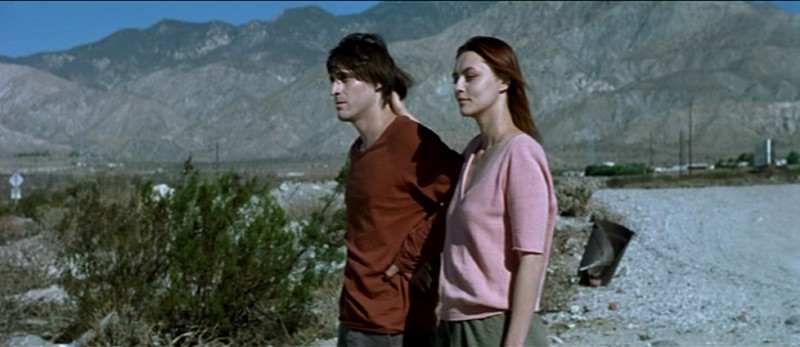
The only issue of XXL Magazine I own features Lil Wayne (he lured me with his script eyelid tattoos, “Fear” and “God”). It came out in the endless buildup to Tha Carter III and the screamer font headline reads, “I’M NOT HOT. I’M GREAT.” I find this the very best aspiration for an artist to have, so I bought the magazine and read the piece. While not as captivating as his Fader profile (more about the frequency of fellatio in that one), the XXL interview showed Young Mr. Carter as a man devotedly out to prove his “best”ness (reminiscent of post-U.S. Open Tiger Woods admitting he thinks he’s better than Jack Nicklaus, and that if he didn’t think that there’d be no reason to play). And all the online leaks led me to believe this was it for Wayne: the Carter III as canonization.
A lot of pressure then, buying the CD with the expectation that it would be Weezy’s Illmatic, his Ready to Die, his Blueprint. And sadness because it just isn’t. Tha Carter III is his best album but that doesn’t get to the greatness we were talking about beforehand. In truth I was disappointed in the album before I even took off the wrapper. “I Feel Like Dying” is not on the tracklist, which is a shame, because it would be the best song on the album. More knowledgeable fans could point to many other leaked tracks that were worthy of inclusion over songs like “La La,” which, from concept to lyrics to beat to guest rapper, is fucking terrible (Busta Rhymes: you must be banished from hip-hop).
Opener “3 Peat” is reasonable—go ahead and rape my grandmother and child, Weezy, and let’s get to this track with Jay-Z. “Mr. Carter” is at least an improvement over “Hello Brooklyn” but that is not high praise. Here, Lil Wayne rushes through vocal inflections, sounding like a puppy dog and an old timer within ten seconds, while H.O.V.A. gives a standard verse reaffirming his own canonization with Tupac and Biggie.
After you skip over track 3, it’s “Got Money,” a legitimate banger. There are no hands on the steering wheel of the WTT sled when Wayne says, “clap your hands if you got a bankroll.” His voice is variable as it is on “Mr. Carter,” but more precisely reined, making it rain, making it snow and making it flurry. It’s the flurry voice in the breakdown that really cements “Got Money” as a classic, Mr. Make It Rain moaning, “bring an umbrella-ella-ella-ella-aye-aye——.” This seems the self-referential song for our moment, the auto-corrected voices of Lil Wayne and T-Pain in tandem singing about the last moments of love and economic freedom before the imminent environmental apocalypse. Or something like that.

One of the oddest elements of Tha Carter III is the inclusion of straight up pretty songs: “Comfortable” (with Babyface!) and “Tie My Hands” (with Robin Thicke). In the former, Wayne is listening to Beyoncé? The horror! At least in the latter track he claims to be more important to New Orleans than the Saints or the Hornets. That’s the man I know, still “flier than a mothafucken pelican.”
“Shoot Me Down” is (like Lil Wayne) almost great. The martial beat marks a departure and there is the genuine menace in his growl, “Stop sweating me coward.” But just when it seems like the track will bust out in the howls I want Wayne asks “where’s the fuck is my guitar?” What?!? He needs to reach for Portishead’s “Machine Gun” drum machine if anything. Hot fizzle.

First single “Lollipop” is still not terribly interesting, but better heard explicit—the radio version of the second verse (“shawty say the ***** she with aint ****”) always makes me feel like I’m bumping over potholes. Wayne’s horse snickers and the filthy last verse also helps the enjoyability factor. But really the “lick me like a lollipop” simile is beneath Wayne and I’m unable to get past that. “Playing with Fire,” on the other hand, is fascinating. Finally we have Weezy comparing himself not to other rappers but to Dr. Martin Luther King Jr.! Here is the moment of insanity, the zealotry that Tha Carter III has teased us with all along. “Assassinate me bitch” is the conflicted bumper sticker wish that Lil Wayne (as “The Best”) seemingly has to spout, his voice high and close to breaking.
“You Ain’t Got Nuthin” is notable because it features the only two guest appearances worth hearing on the entire album. Fabolous and Juelz Santana bring similarly strong flows, delightfully focused on aquatic metaphor. Fab: “I pop up like Xzibit / but given I’m at your crib / not to put no fucken fish tanks in your Civic / fuck getting your ride pimped / you’ll get hog-tied, whipped / I’ll have you locked in your trunk / curled up like fried shrimp.”
(It was also good to hear the names of EVERY Wayans brother again—“putting that Major Payne in”). To Juelz: “my flow is just slaughter / my wrists look like frozen Pohland Spring Water” ... “I stick toothpicks in your hors d’oeurves / [listen] I’m a shark, y’all just koi fish [what else] octopus [what else] oysters.” Wayne’s verse is undoubtedly the weakest on the song, but he is playing for higher stakes. Free associations between Dramamine, Popeye and Bruno. His command of homonyms, his play in mispronunciations, his voice ground into the speakers at its smoke-laced worst. This album is so close. I already need the next batch of magazine-spit rhymes.
How long till Tha Carter IV?

















































